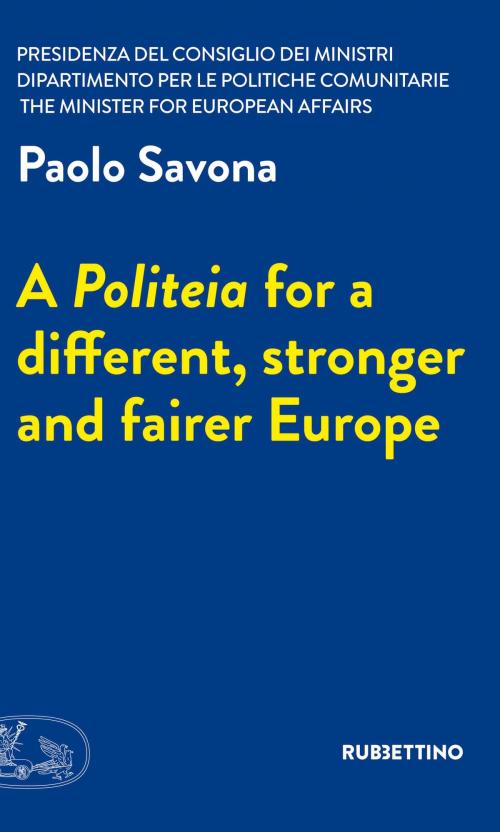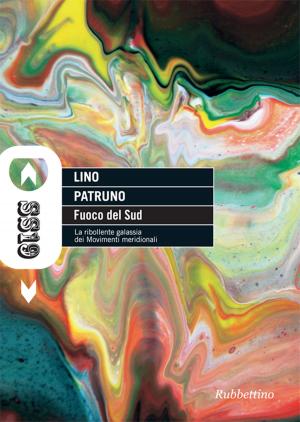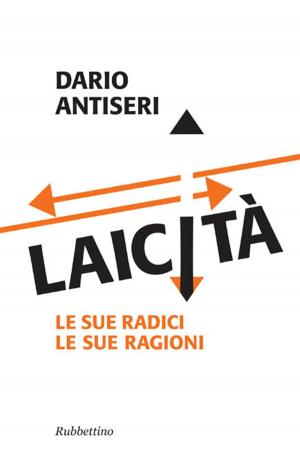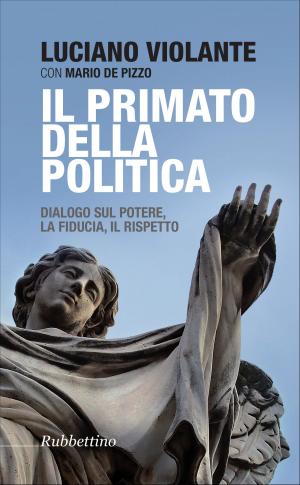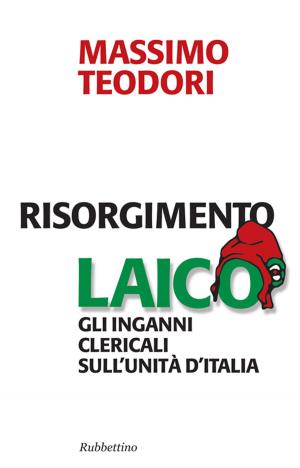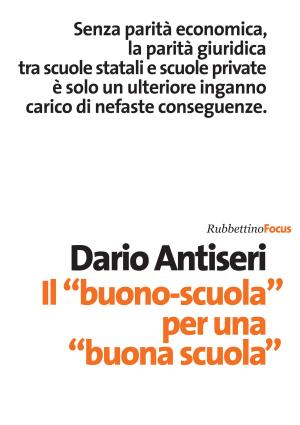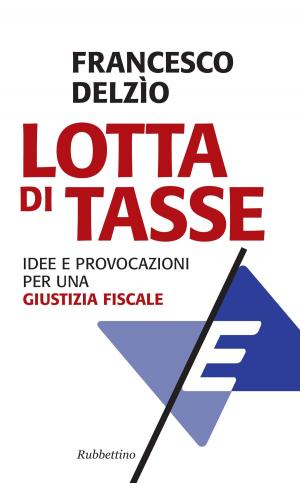| Author: | Paolo Savona | ISBN: | 9788849857542 |
| Publisher: | Rubbettino Editore | Publication: | December 10, 2018 |
| Imprint: | Rubbettino Editore | Language: | English |
| Author: | Paolo Savona |
| ISBN: | 9788849857542 |
| Publisher: | Rubbettino Editore |
| Publication: | December 10, 2018 |
| Imprint: | Rubbettino Editore |
| Language: | English |
Making the European Union “stronger and more equitable”. That’s the aim of this document which Paolo Savona, the European Affairs Minister, has submitted to the European authorities on behalf of the Italian Government. It contains a series of proposals to complete the European institutional architecture and to correct the policies currently followed, by promoting an intra-European dialogue in the framework of a high level working group composed by the Representatives of the Commission and the Member States in order to offer more social well-being and growth opportunities which could combine with the requests for monetary and financial stability, whose satisfaction, contrarily to the first two objectives, is endowed with good tools. All this in line with the commitments made in the Treaties that followed one another from that of Maastricht onwards. One central point of this proposal is that the governance of the European economy and society can not be entrusted to mechanical rules typical of the private governance organization that is prevalently aimed at the efficient management of resources, but to political choices which start from the changing structural and conjunctural conditions of the individual Member States and the Union inspired by a “Politeia”, that is, the ways in which the common good is organized in order to embrace the social issues with particular regard to the needs of the weakest parts of the population.
Making the European Union “stronger and more equitable”. That’s the aim of this document which Paolo Savona, the European Affairs Minister, has submitted to the European authorities on behalf of the Italian Government. It contains a series of proposals to complete the European institutional architecture and to correct the policies currently followed, by promoting an intra-European dialogue in the framework of a high level working group composed by the Representatives of the Commission and the Member States in order to offer more social well-being and growth opportunities which could combine with the requests for monetary and financial stability, whose satisfaction, contrarily to the first two objectives, is endowed with good tools. All this in line with the commitments made in the Treaties that followed one another from that of Maastricht onwards. One central point of this proposal is that the governance of the European economy and society can not be entrusted to mechanical rules typical of the private governance organization that is prevalently aimed at the efficient management of resources, but to political choices which start from the changing structural and conjunctural conditions of the individual Member States and the Union inspired by a “Politeia”, that is, the ways in which the common good is organized in order to embrace the social issues with particular regard to the needs of the weakest parts of the population.
